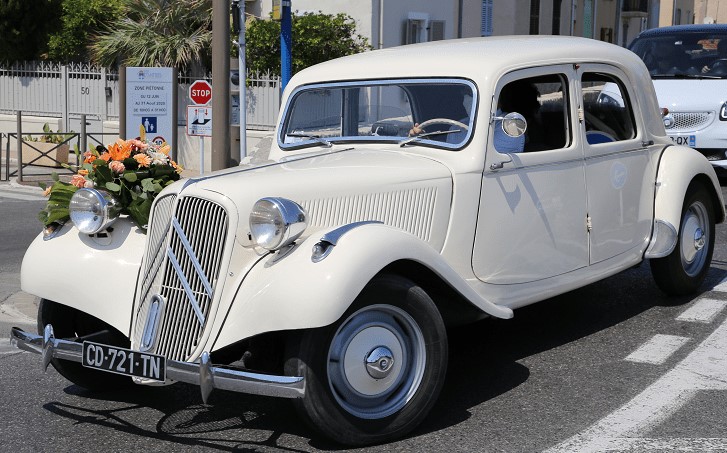…asks Reader Brad:
“You talk about VWs, Lancia, etc., all the time, but don’t seem to make much mention of what the Frogs created.”
..and then points me to this list.
Speaking frankly [sic], the Frog cars are a classic case of where Gummint stuck its greedy fingers where they didn’t belong, i.e. by levying a tax on horsepower — the lowest tax being on engines generating (from memory) less than 15hp. This meant that most passenger cars were perennially underpowered, despite the technological superiority that French car manufacturers had over most others in the world. Now add the recent development of adding yet another layer to the puissance fiscale (PF, or “power tax”) by incorporating a carbon dioxide emission multiplier:
PF = (CO₂/45) + (P/40)^1.6
where P is horsepower, and Frog cars are still underpowered except where they’re not, i.e. in rally-style cars or hot (and expensive) hatchbacks. The giant Citroën DS’s engine, for example, never generated more than 100hp so despite the DS having the smoothest ride of any car (before and since), it was a lumbering beast whose 0-60mph time was measured by calendar rather than stopwatch.
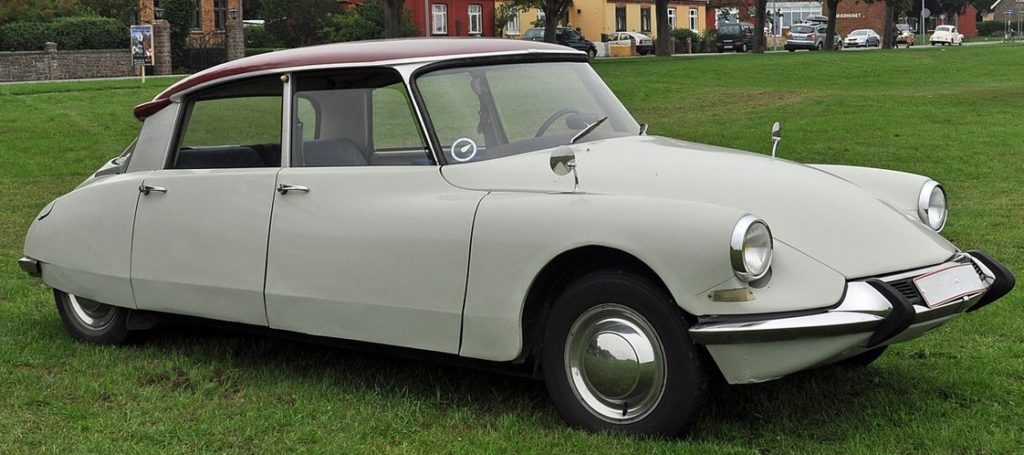
For the most part, too, outside the luxury cars like the DS, French fit and finish have always been crappy, and the non-use of vulcanized steel meant that in a country which has wet, damp weather much of the time, you can hear the car rusting when you turn off the engine. [some hyperbole there]
This does not mean that the French make lousy cars. When they are allowed to, they make absolute monsters, such as the Peugot Le Mans sports cars which were Audi’s only serious competitors at that race during the mid-2000s:

…or the Matra-Simca race cars which so dominated sports car races in the early 1970s:
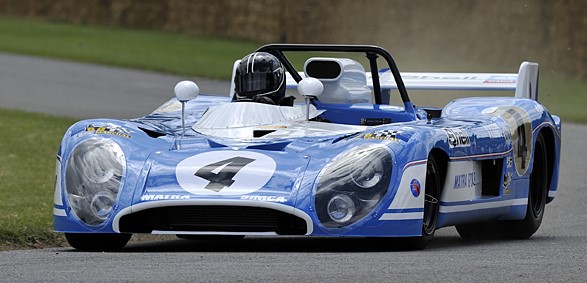
…or for that matter, the Renault F1 factory cars of the early 1980s:

…with their engines winning several drivers’ championshops for Williams (Nigel Mansell, Alain Prost etc.) in the early 1990s.
So what about the passenger cars? Looking at the list above, there’s probably only one I’d take, the Venturi Atlantique 400 GT:

…because of its wonderful 1980s styling. (Reader Brad lusts after the 1930s Delahaye 135MS, even though that long bonnet hides a 3.3-liter engine which produces only 110hp, i.e. <10 PF units):
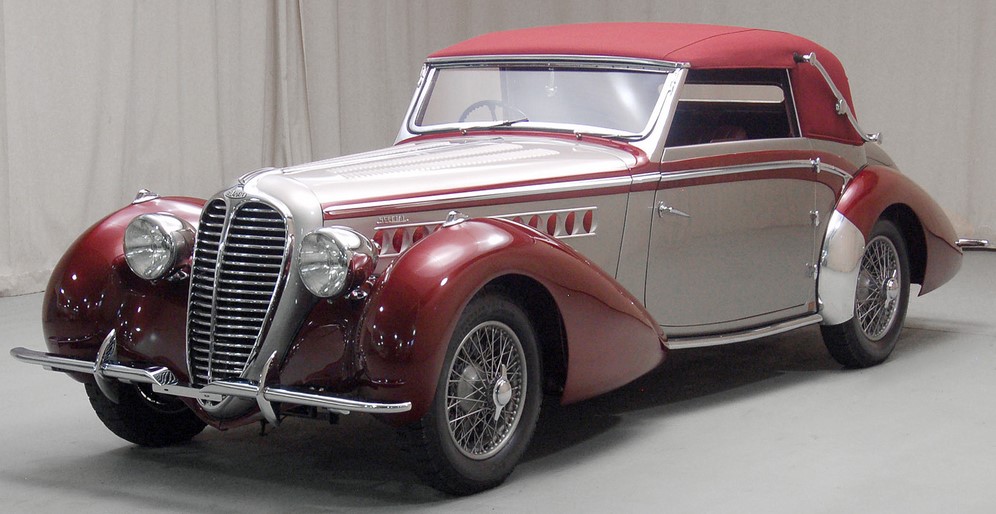
However, my favorite French car of all time is the wonderfully old-fashioned Citroën Traction Avant:
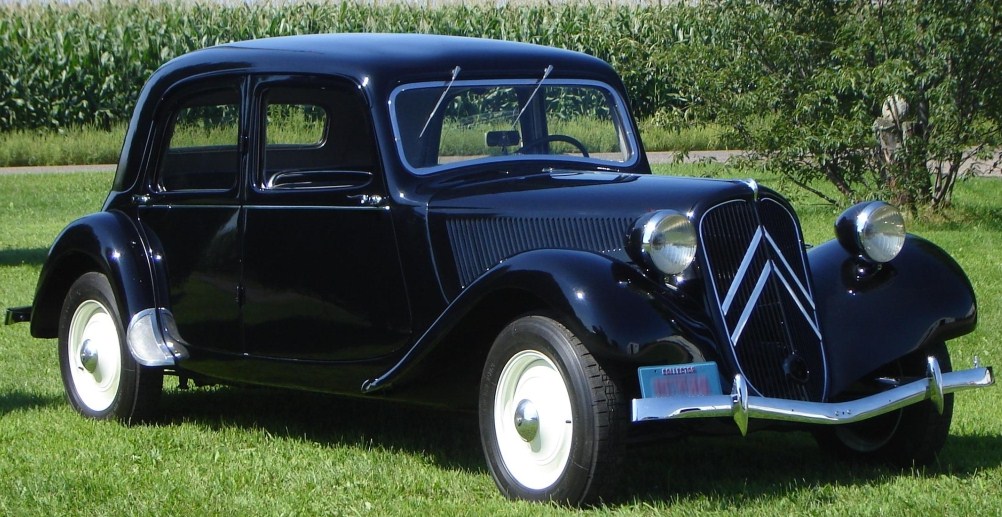
Because if I’m going to drive around in an underpowered Frog passenger car (1900cc, 56hp, <4 CF units), I’ll take style and comfort as the benefits, thank you. And put up with the water leaking into the passenger compartment every time it rains — in true Gallic fashion, Citroën never fixed that problem, after making the TA for nearly a quarter of a century.
This car, by the way, is still the hands-down favorite choice in France as a bridal car.
